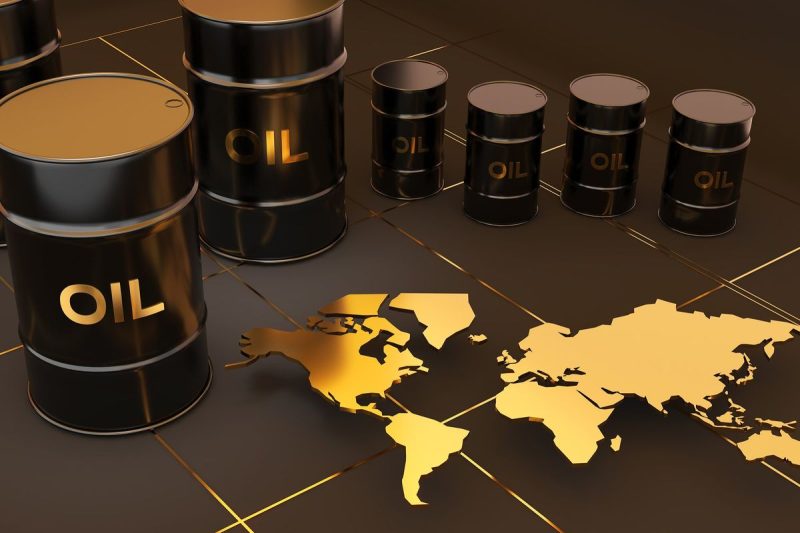Oil remains a critical global commodity, with numerous countries heavily reliant on this resource for their economic stability and energy needs. As of 2024, the top oil-producing countries continue to dominate the market, shaping global trade and geopolitical landscapes. Let’s delve into the intricacies of the top 10 oil-producing nations, analyzing their production capacities and the impact they have on the world oil market.
1. **United States** – The United States has significantly boosted its oil production in recent years, primarily due to advancements in hydraulic fracturing techniques. Texas, North Dakota, and Alaska are the leading states contributing to the country’s oil output.
2. **Saudi Arabia** – As one of the founding members of OPEC, Saudi Arabia plays a pivotal role in influencing oil prices globally. The kingdom possesses vast oil reserves, particularly in the massive Ghawar field, making it a dominant force in the industry.
3. **Russia** – Russia boasts extensive oil reserves in Siberia and the Urals, with major companies like Rosneft and Lukoil spearheading the country’s oil production efforts. Political factors often intertwine with Russia’s oil policies, impacting global supply.
4. **Canada** – With its abundant oil sands in Alberta, Canada has emerged as a crucial player in the oil market. The country’s oil production continues to rise, despite facing environmental challenges associated with extracting oil from tar sands.
5. **China** – China’s growing energy demands have led to a significant increase in oil production. The country heavily relies on oil imports to sustain its economy, making it a key player in the global oil trade.
6. **Iraq** – Iraq possesses substantial oil reserves, particularly in the Basra region. However, political instability and conflicts within the country have hindered its ability to maximize oil production potential.
7. **Iran** – Despite facing international sanctions, Iran remains a significant oil producer, with vast reserves in the Persian Gulf region. Geopolitical tensions often impact Iran’s oil output and export capabilities.
8. **United Arab Emirates** – The UAE, particularly Abu Dhabi, hosts massive oil fields like Zakum and Shah, contributing significantly to the country’s oil production. The nation’s strategic investments in infrastructure have bolstered its role in the global oil market.
9. **Brazil** – Brazil has made substantial strides in offshore oil exploration, with deepwater fields like the pre-salt reserves off its coast driving production growth. The country’s state-run oil company, Petrobras, plays a central role in Brazil’s oil industry.
10. **Kuwait** – Kuwait’s oil industry is dominated by the state-owned Kuwait Petroleum Corporation, overseeing production from fields like Burgan, one of the world’s largest oil fields. The country’s stable political environment has facilitated consistent oil production levels.
In conclusion, the top oil-producing countries exert a significant influence on the global economy and energy landscape. Factors such as reserves, technological advancements, political stability, and environmental concerns all play a crucial role in shaping the oil production dynamics of these nations. Understanding the intricacies of these top oil producers is essential in comprehending the complexities of the global oil market and its impacts on various stakeholders worldwide.

